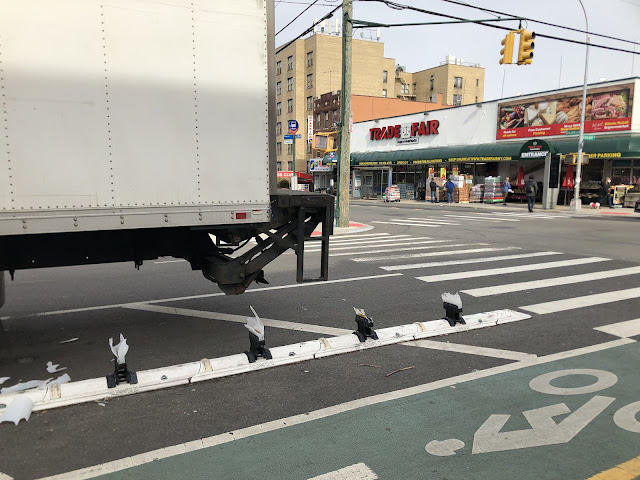In 2010, Minneapolis became the first major US city (Denver was the first) to launch a bike-share program.
Now the program, known as "Nice Ride," is ending.
The chief reason is an operating deficit, a result of Blue Cross and Blue Shield of Minnesota ending its contract with Lyft, the ride-share company that has operated Nice Ride.
After reading and hearing a Minnesota Public Radio report, however, I think the end of the road, so to speak, for Nice Ride has as much to do with how bike-share programs have changed and are leaving older programs behind.
For one thing, in many cities, bike share programs have turned into micromobility schemes. According to Nice Ride executive director Bill Dossett, only 15 percent of micromobility rides were taken on the iconic lime-green pedal bikes. As in other cities, motor scooters and ebikes have gained popularity.
That helps to confirm two of my suspicions, based on my observation of bike share programs in my hometown of New York and other cities.
One is that the people drawn to the share programs weren't cyclists. When bike share programs started, they used the bikes for short trips. But, as share programs began to offer ebikes and scooters, users shifted to those conveyances.
The other is this: People who use micromobility programs are not using them in place of driving. Rather, they are substituting their ebike and scooter trips for mass-transit rides--or for short rides with ride-share services like Lyft. That, I believe, is one reason why Lyft has acquired, or been co-sponsoring or operating micromobility plans in other cities. In other words, Lyft knows its market.
One thing that ride-share companies and micromobility schemes have in common is this: People use phone apps to access them--except in Minneapolis. Dossett says that Nice Ride plans to sell its 1333 bikes and 198 docking stations, but admits that it might difficult to find buyers because the bikes and stations were designed before those apps came into use. Also, not many people or shops may want the bikes because they have custom parts and, as Dossett explains--and I can attest--"it takes a lot longer to maintain one of those bikes if you just have to fix a flat." (If you've ever had to fix a rear flat on a Raleigh DL-1, or any similar bike with rod brakes, you have some idea of what he's talking about.) So, he says, the best hope might be to sell some of the still-usable parts





